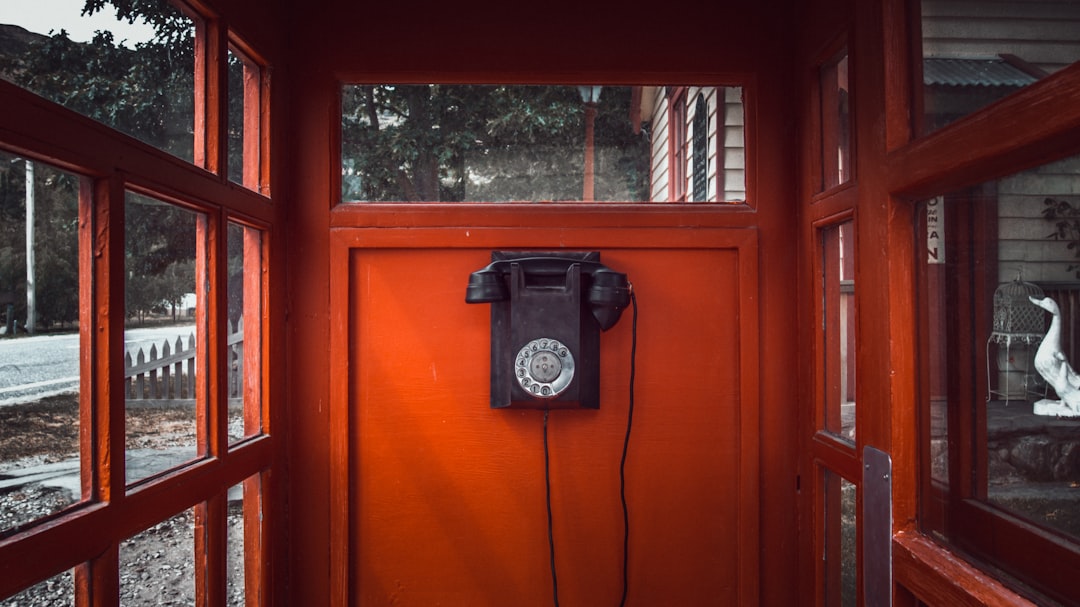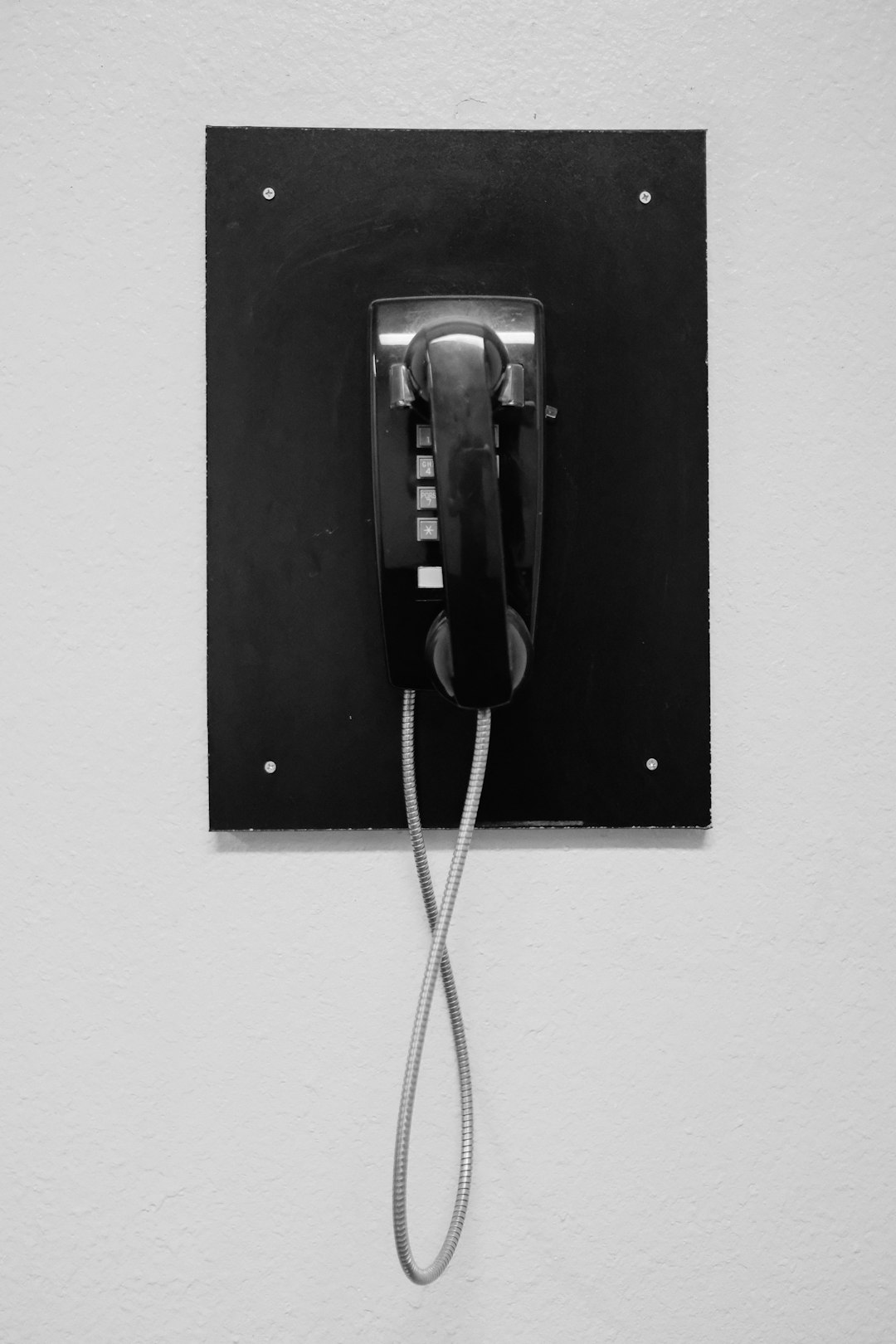Mississippi's TCPA strictly regulates telemarketing to protect consumers from nuisance calls. Businesses need explicit consent for outbound calls and adhere to calling hour restrictions. Violators face fines and may require legal counsel from a No Call Lawyer Mississippi. Registering on the National Do Not Call Registry doesn't stop local telemarketers, but opt-out lists help manage marketing calls. The regulations focus on consumer protection, clear identification, and fair practices, with legal repercussions for violators.
In the dynamic landscape of telemarketing, navigating regulatory waters is crucial for businesses aiming to thrive. This article serves as your guide to understanding Mississippi’s stringent telemarketing regulations, with a focus on no-call lists. We’ll dispel common misconceptions and highlight the significance of these rules in protecting consumers. For businesses seeking to comply and avoid legal pitfalls, especially with the help of a No Call Lawyer Mississippi, this is essential reading.
Mississippis Telemarketing Laws: An Overview for Businesses

In Mississippi, telemarketing laws are designed to protect consumers from unwanted calls and ensure fair business practices. Understanding these regulations is crucial for businesses engaging in telemarketing activities within the state. The Mississippi Telephone Consumer Protection Act (TCPA) sets forth rules governing the use of automated dialing systems, prerecorded messages, and live operators in marketing efforts.
Businesses must obtain explicit consent from consumers before placing any outbound sales or marketing calls. This includes obtaining written permission or using an opt-in system. Additionally, Mississippi law restricts the timing of calls to certain hours, typically between 8 a.m. and 9 p.m., to avoid disturbing recipients. Violations of these laws can result in significant fines, making it essential for companies to comply and consider seeking legal counsel from a No Call Lawyer Mississippi to navigate this complex area of regulation.
Common Misconceptions About No Call Lists in Mississippi

Many people mistakenly believe that registering their phone number on the National Do Not Call Registry automatically protects them from telemarketing calls in Mississippi. However, this is not entirely true. While it’s a significant step towards limiting unwanted calls, it’s just one piece of the puzzle. A No Call Lawyer Mississippi can clarify that federal laws only cover certain types of organizations and businesses, leaving room for local telemarketers to still make calls.
Another common misconception is that being on a no-call list guarantees complete silence from salespeople. In reality, these lists are not foolproof. Legitimate companies often have legal ways around them, especially if they’ve obtained your number through legitimate means like a purchase or subscription. Understanding these myths can empower residents to take more control over their phone lines and make informed decisions about how to handle telemarketing calls in Mississippi.
Protecting Consumers: The Role of Telemarketing Regulations

Telemarketing regulations in Mississippi are designed with one primary goal: to protect consumers from aggressive or deceptive sales practices. These rules govern how businesses can contact residents via phone, ensuring that the process remains fair and transparent. One key aspect is the restriction on unwanted calls, often referred to as “no call” lists, which allow citizens to opt-out of receiving marketing calls. This protects individuals from relentless sales pitches and gives them control over their communication preferences.
Additionally, these regulations mandate clear disclosure of the caller’s identity and purpose, enabling consumers to make informed decisions. Mississippi’s telemarketing laws empower residents to take action against violators through legal channels, including hiring a No Call Lawyer Mississippi if necessary. This ensures that businesses adhere to the rules, fostering an environment where consumers can make purchases without feeling pressured or disturbed by unwanted sales calls.






